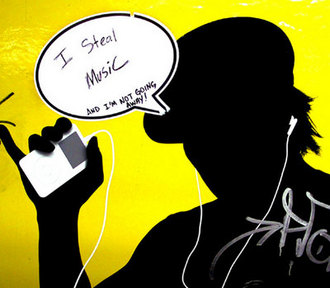In 2011, social media sites such as Facebook and Twitter were used by businesses as ways to broadcast their brands and become well known. Media went from this simple method as a means of broadcasting in 2011 to environments creating a sophisticated network of connections between businesses and their consumers in 2012 (Knight, 2013). According to Knight 2013 will continue this trend of interactions between brands/businesses and their consumers.
According to Johansson (May 2013) today offers 5 future trends:
1. "I SEE YOU"
Brands are utilizing the internet to sell, and are quickly realizing the advantages of images over text. The use of social medias which specialize in imagery such as instagram and Pintrest are eye catching and attractive to viewers and therefore benefit businesses who are trying to sell their brand.
2. WE NEED MORE
Using multiple forms of social media devices at one time is a trend that has arrived with the developing technology world. It isn't uncommon to be sitting in your lounge room watching TV whilst on your tablet or smartphone checking your emails and interacting on Facebook twitter or other social media accounts. Brands are realizing the popular environment that people are spending majority of their time and are beginning to plant themselves where everyone is located to become more known.
3. CAN BRANDS AND CONSUMERS CO-EXIST IN SOCIAL?
Relationships between marketers and consumers on social media is already complicated. Consumers now connect with brands online more than ever, however many say they don't want to be snooped on in social media .









.jpg)






